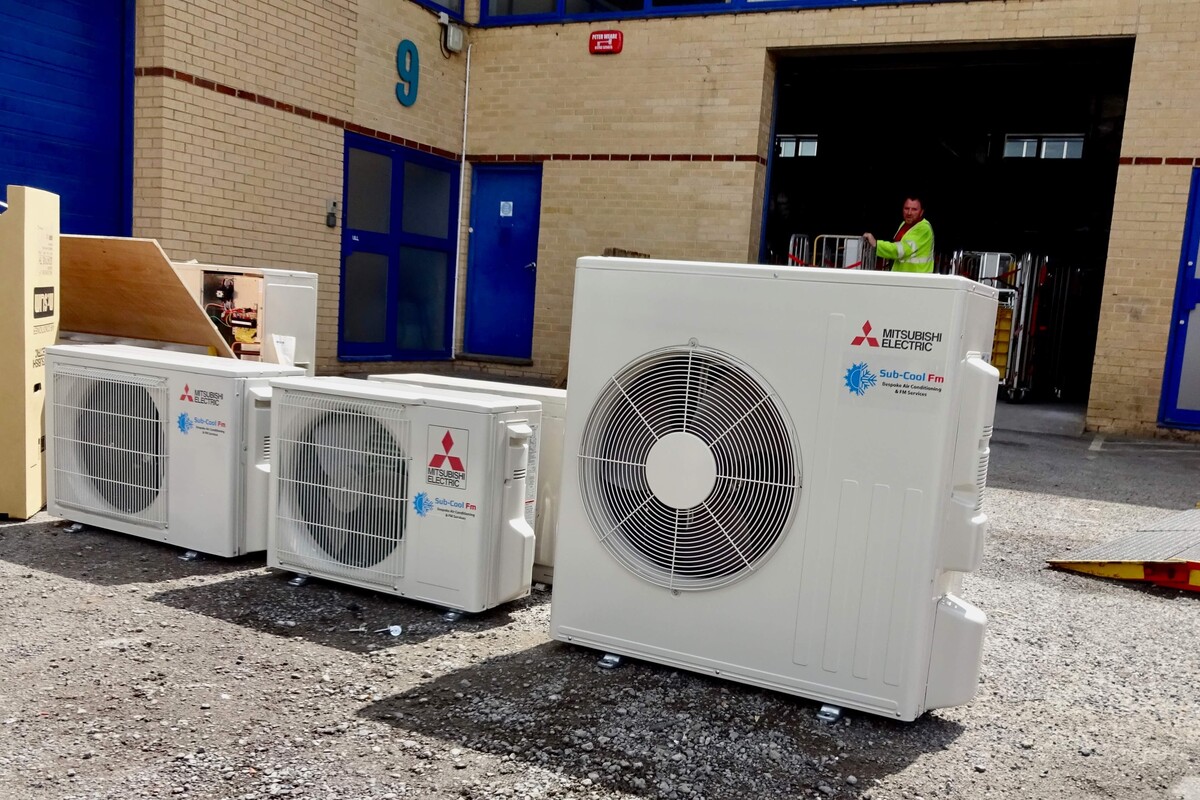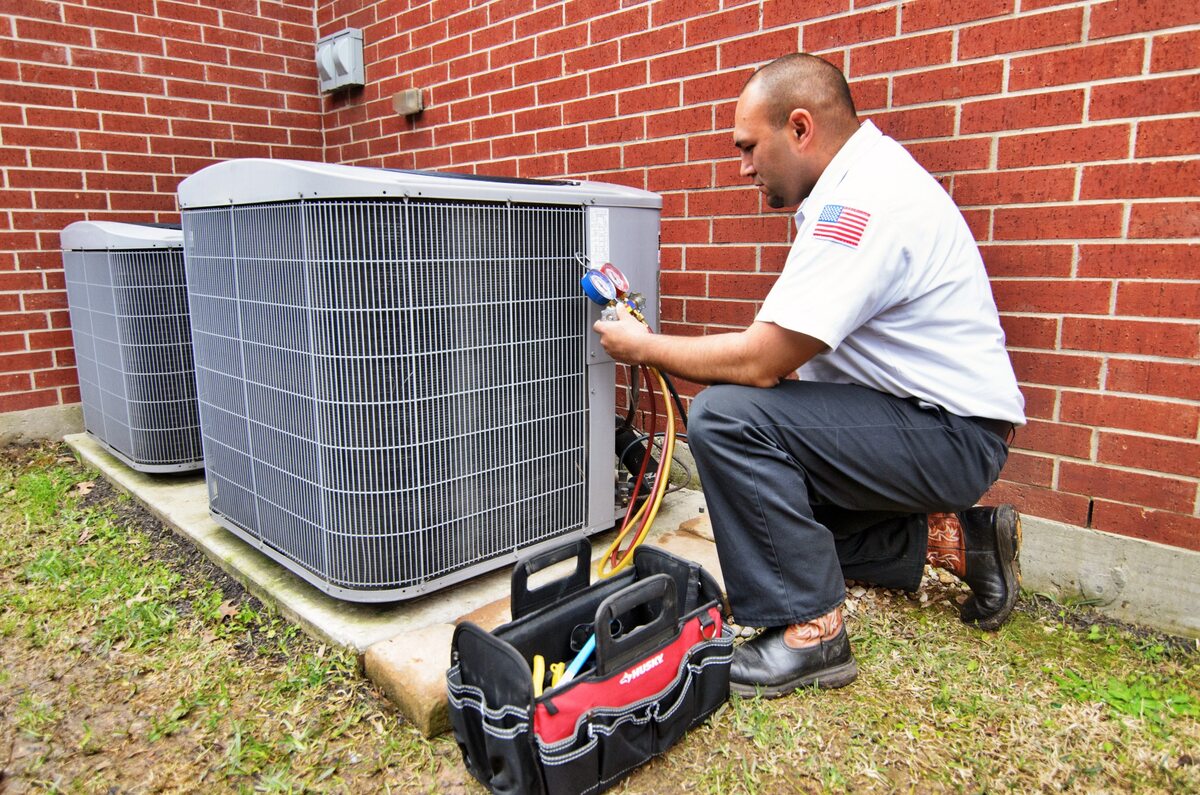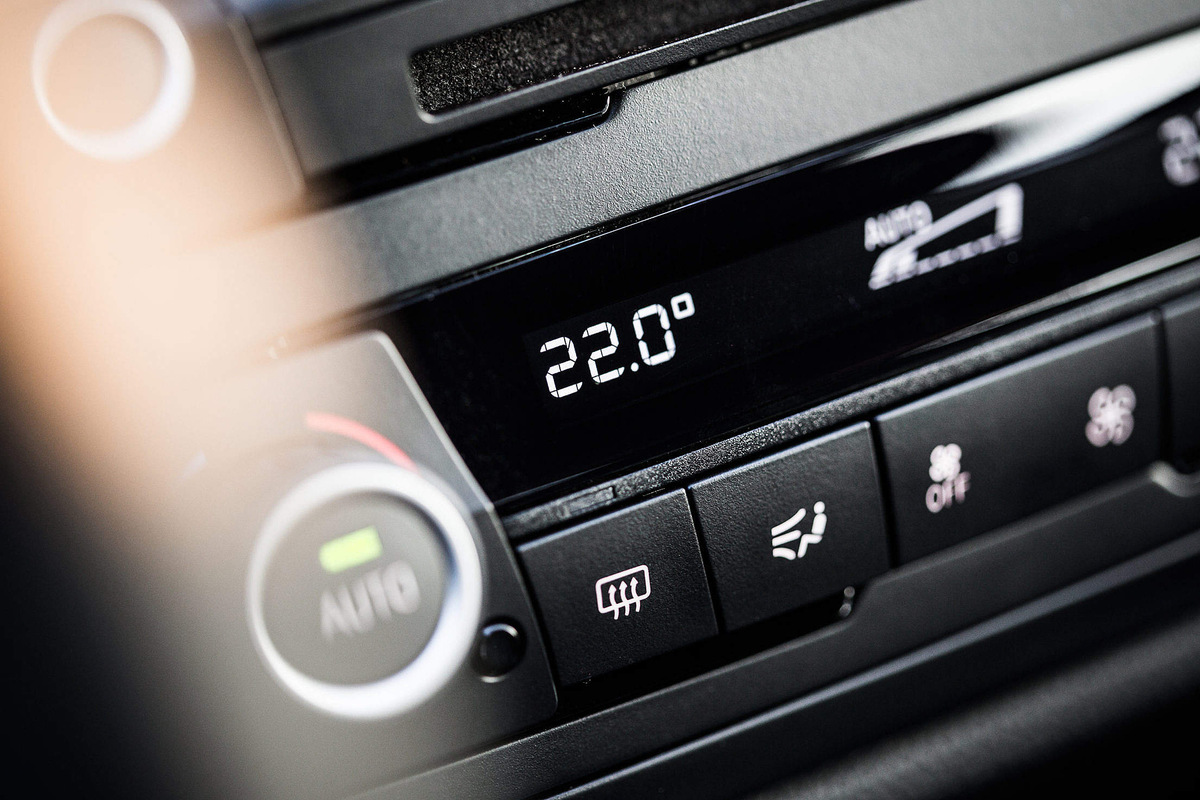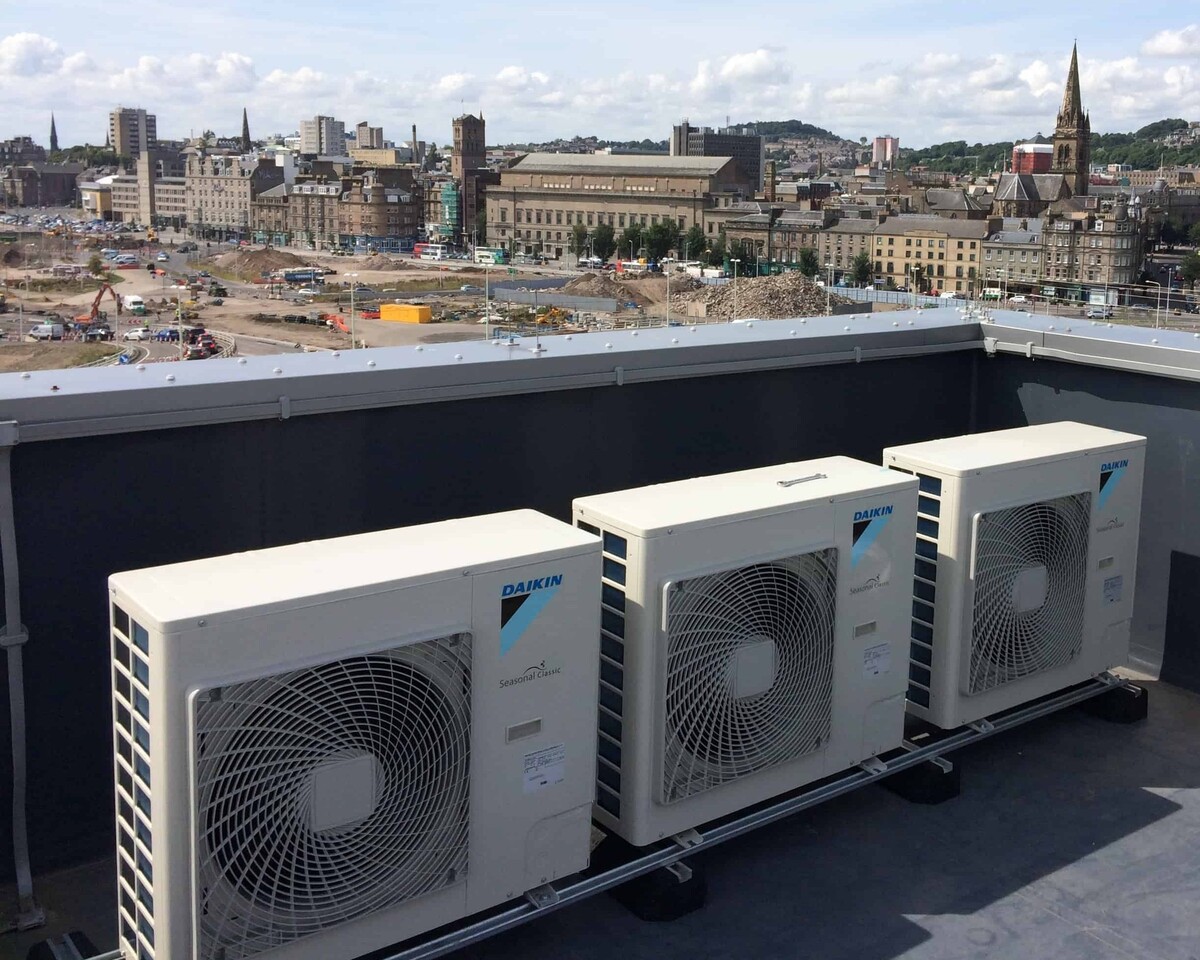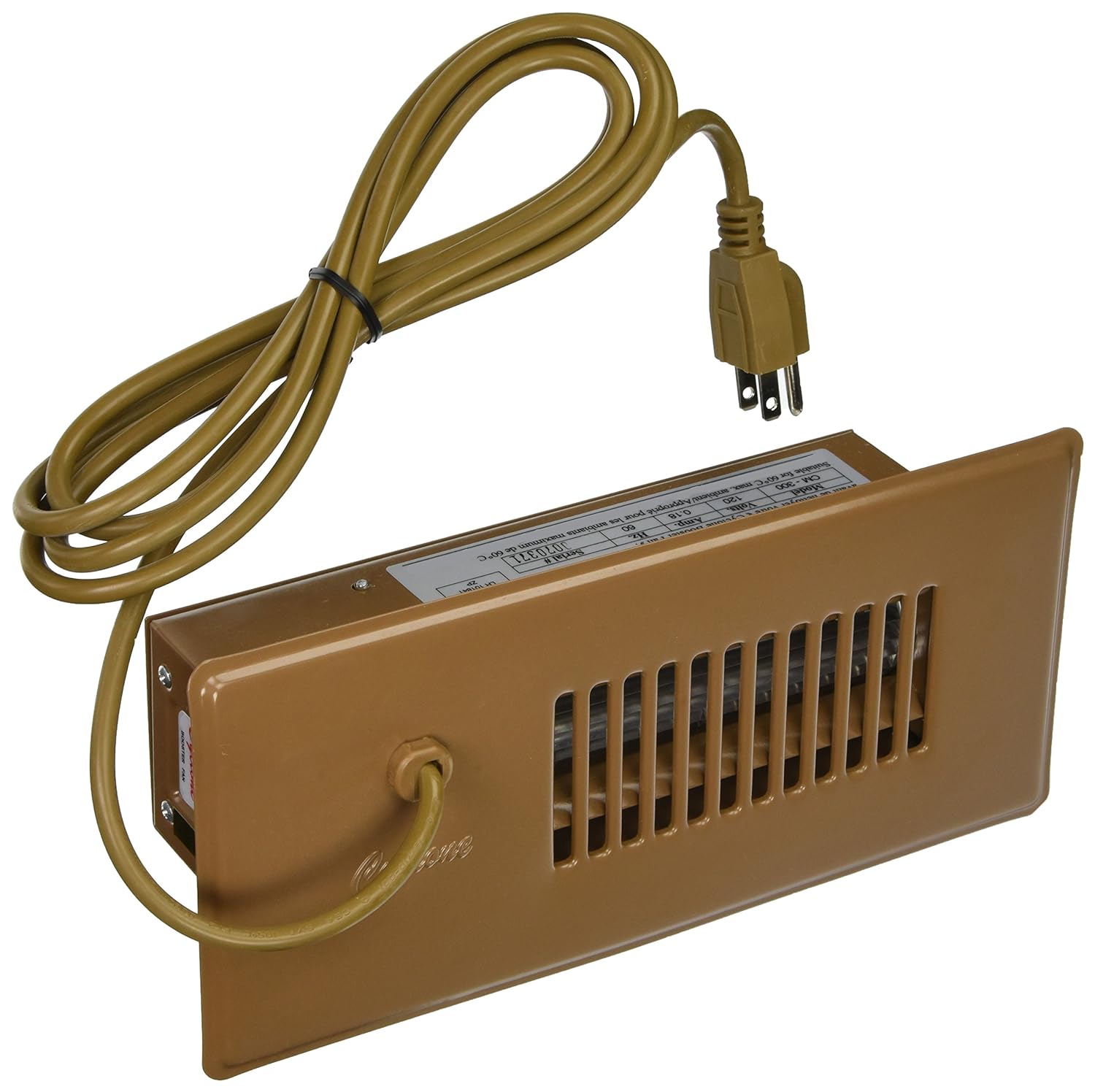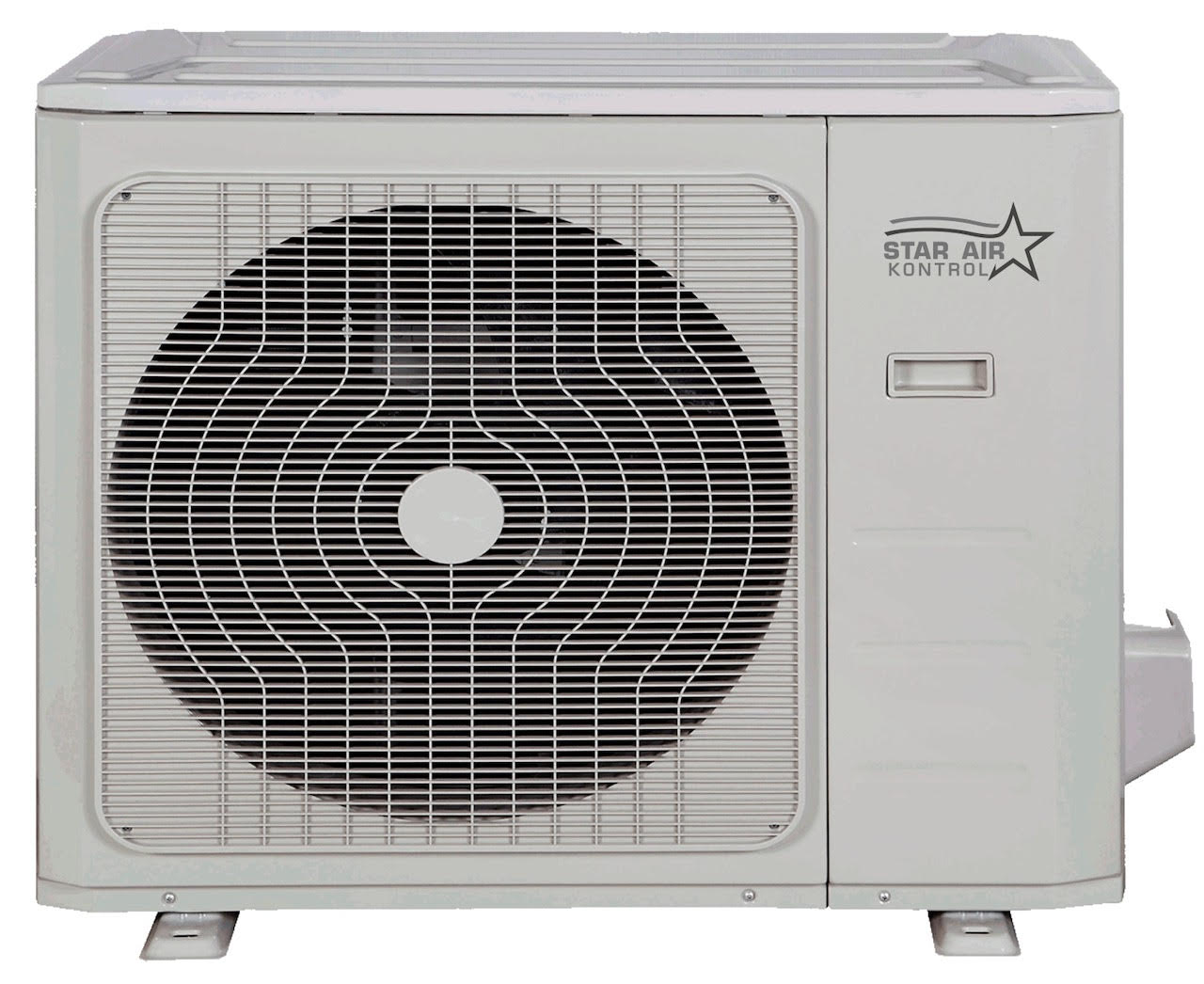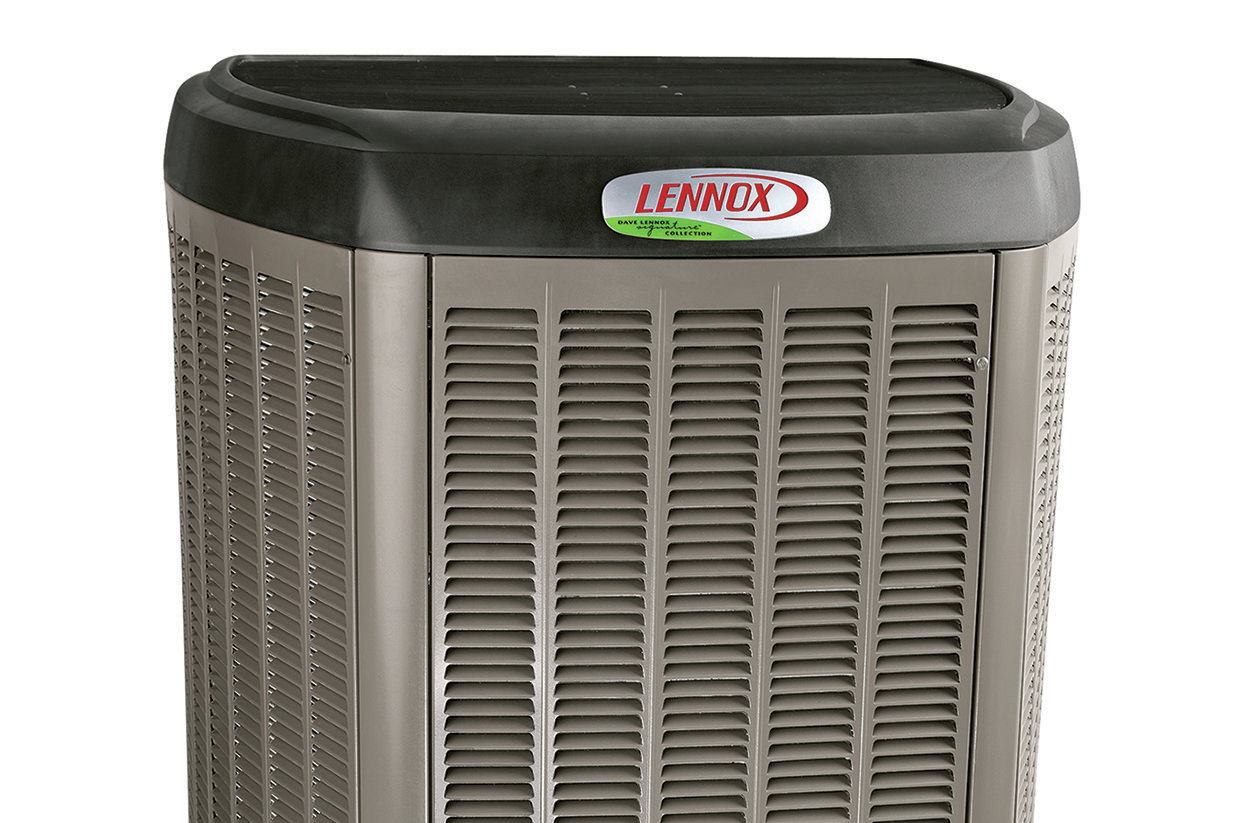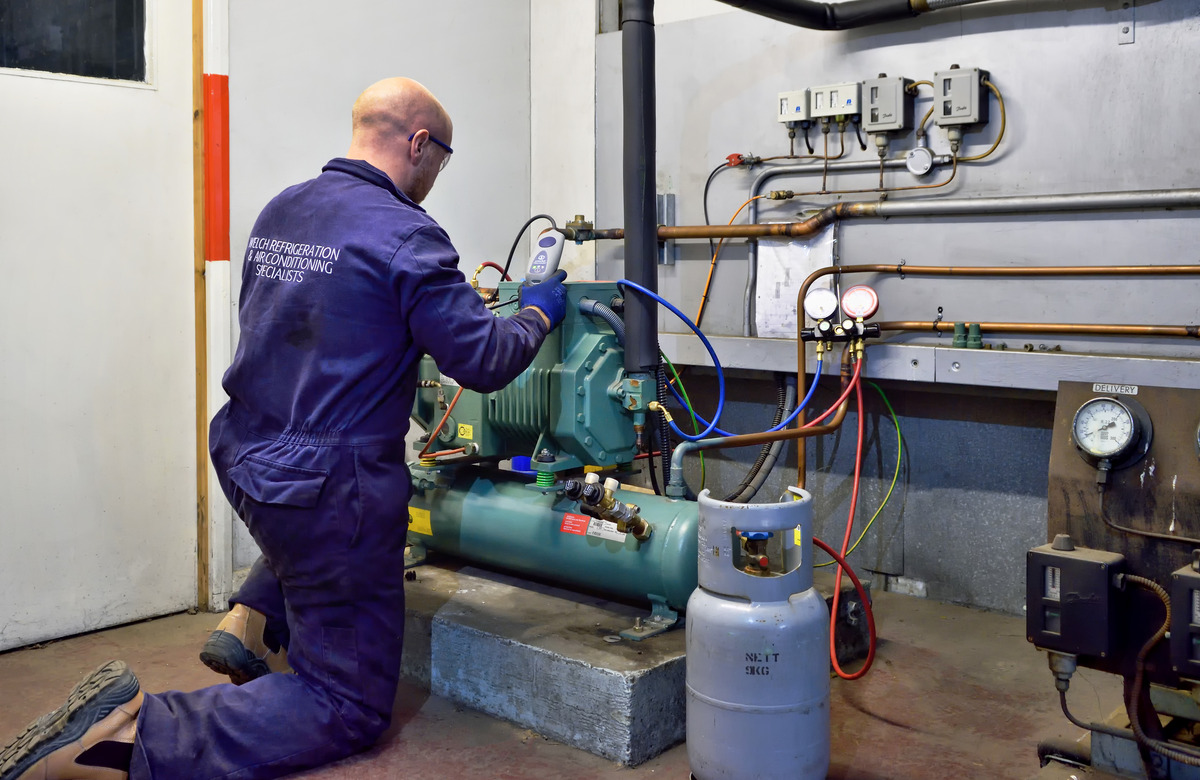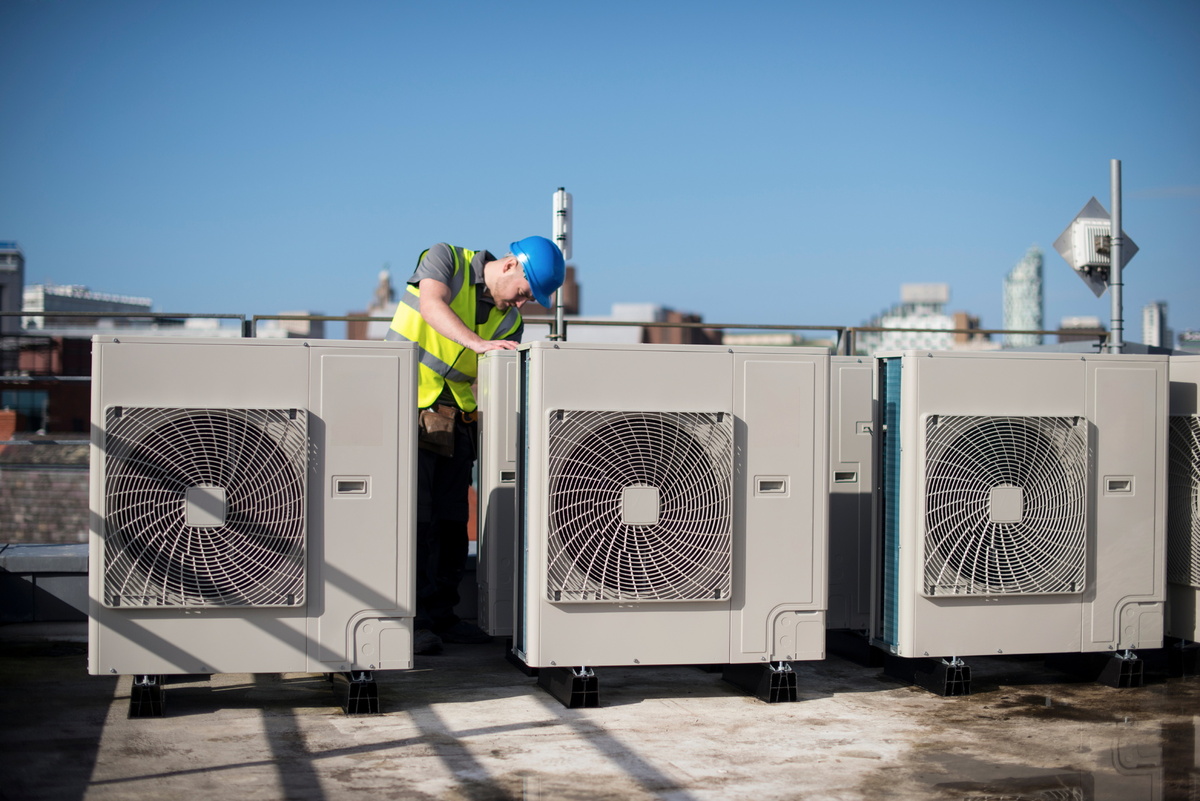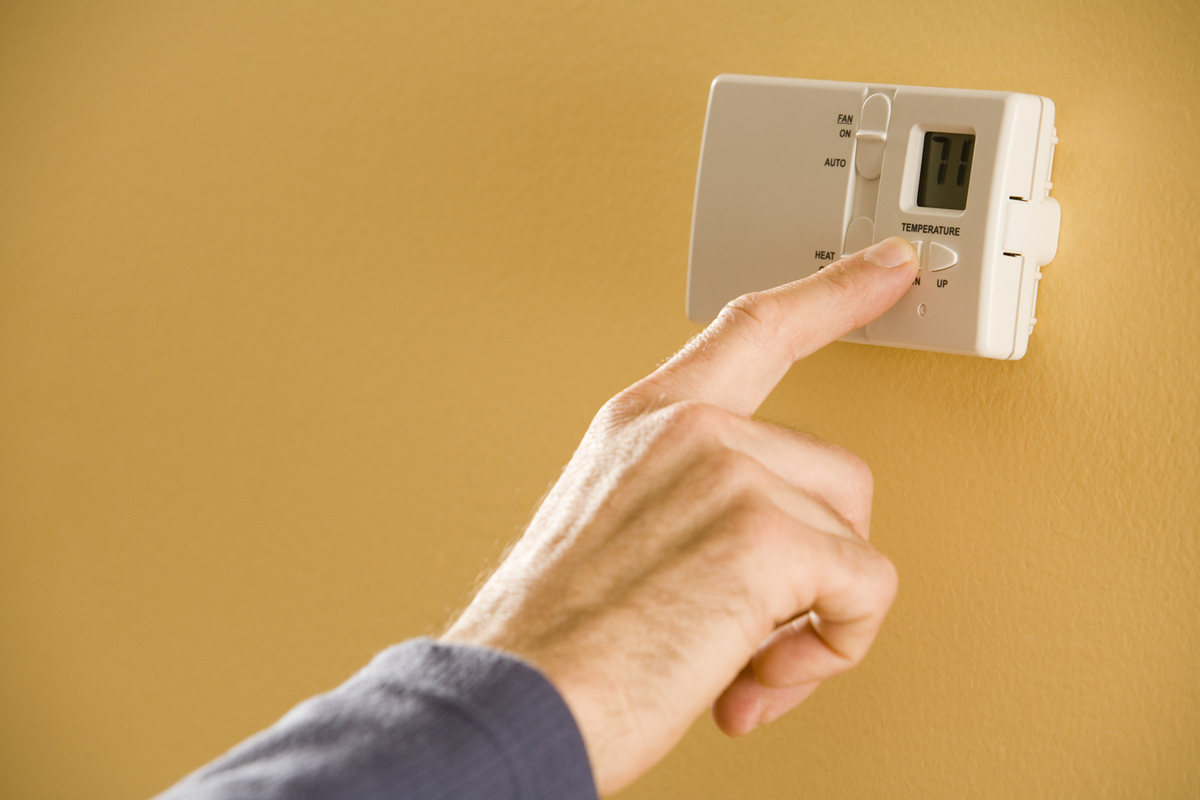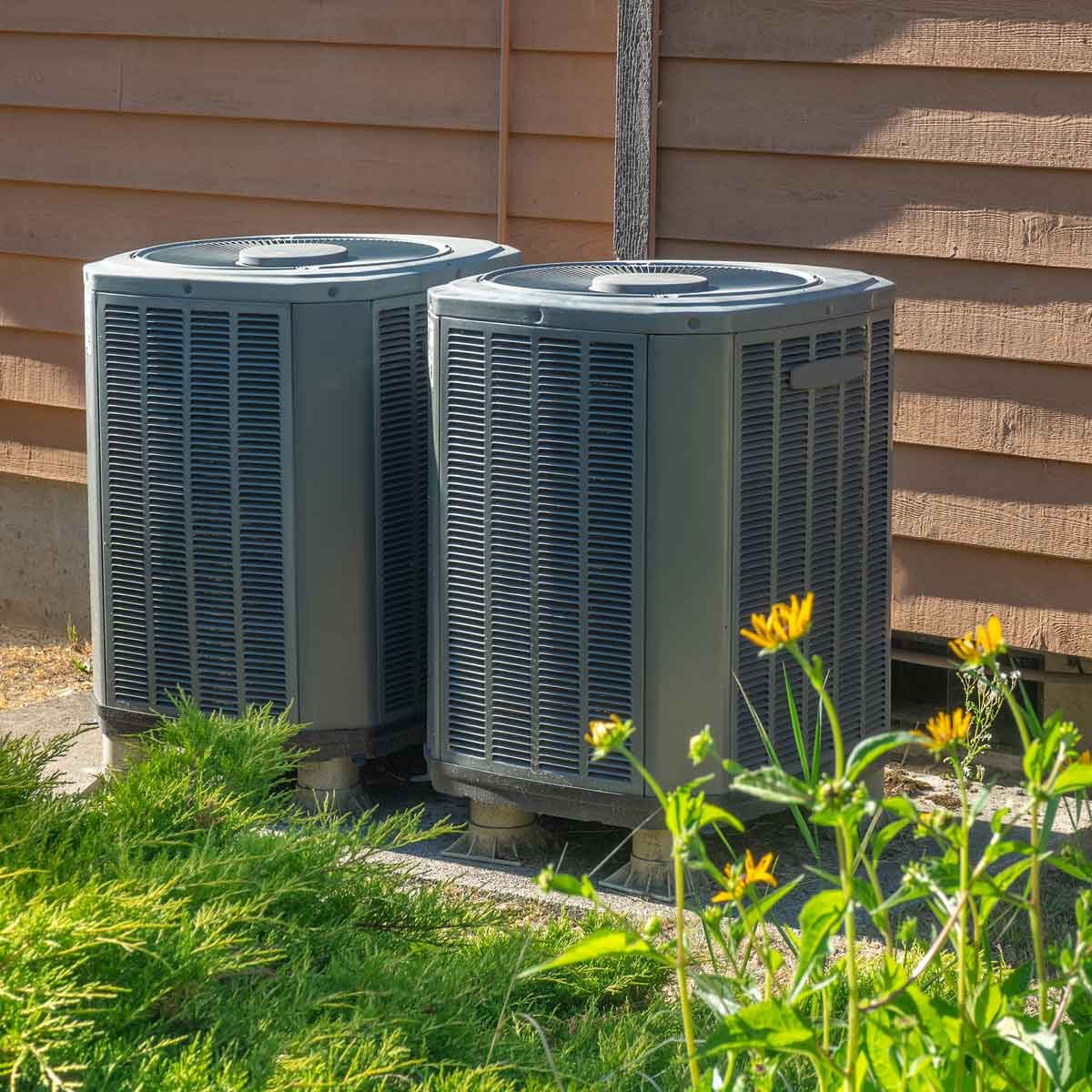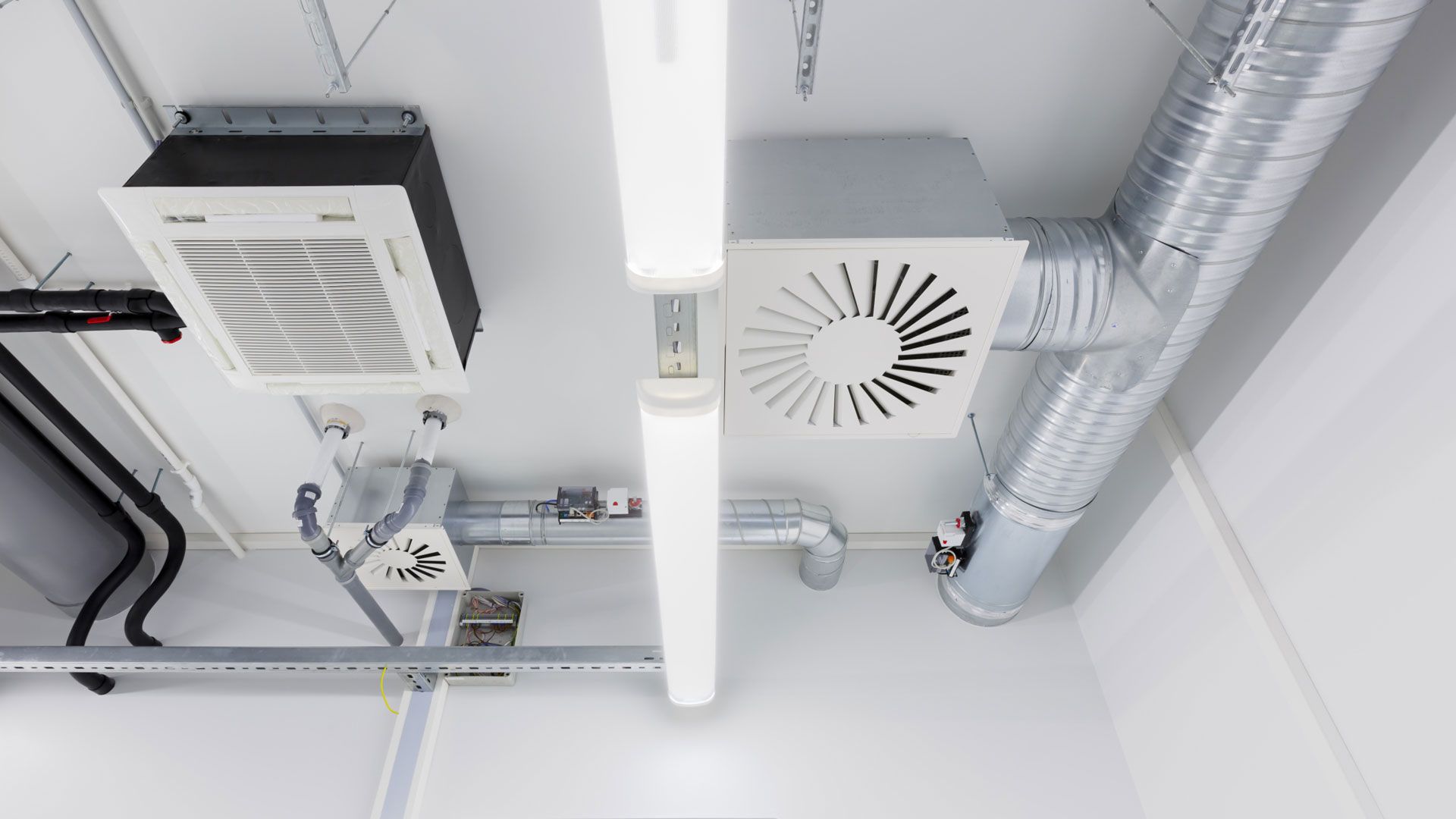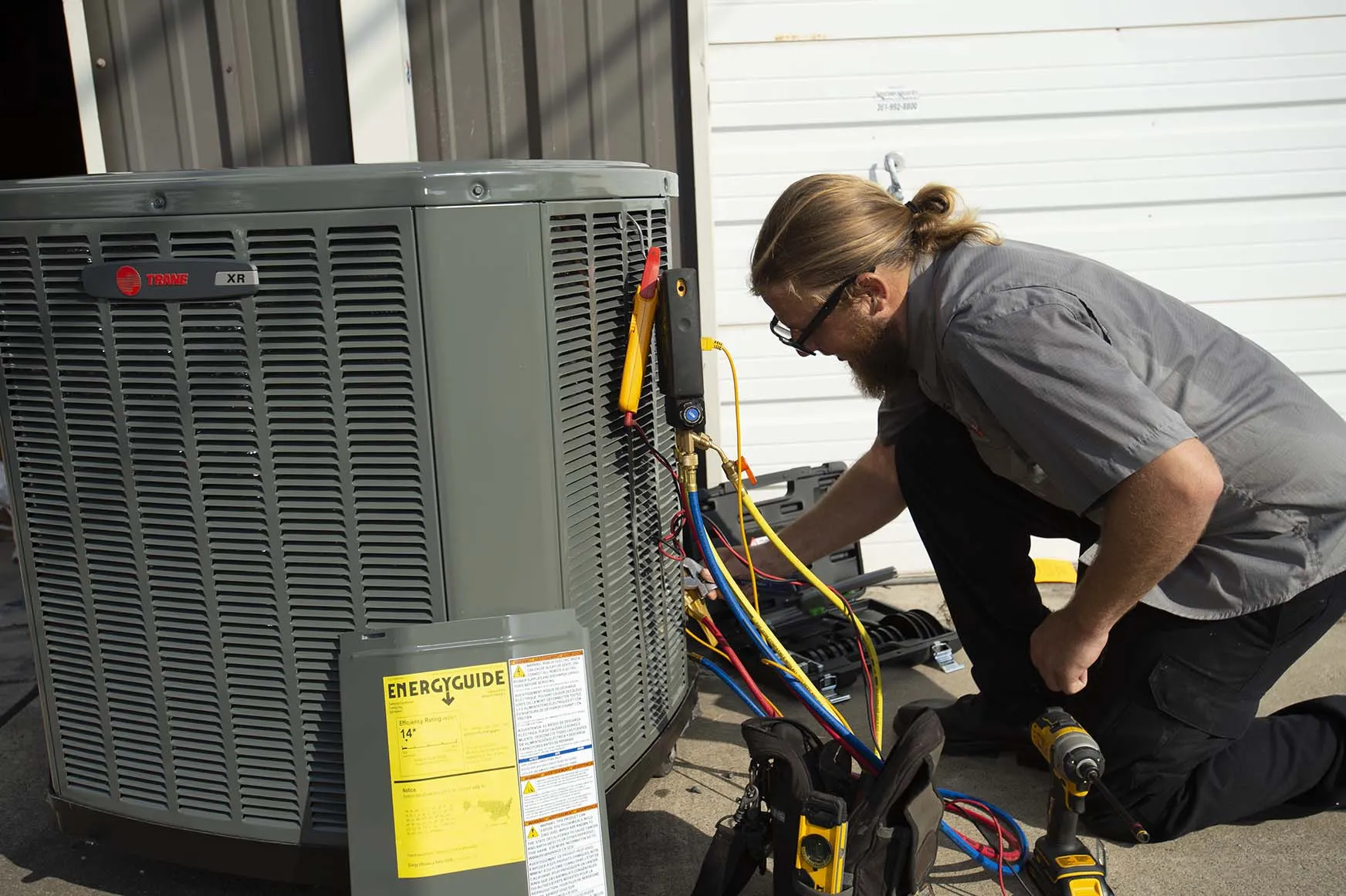Home>Home Maintenance>What Is The Best Residential Air Conditioning Systems
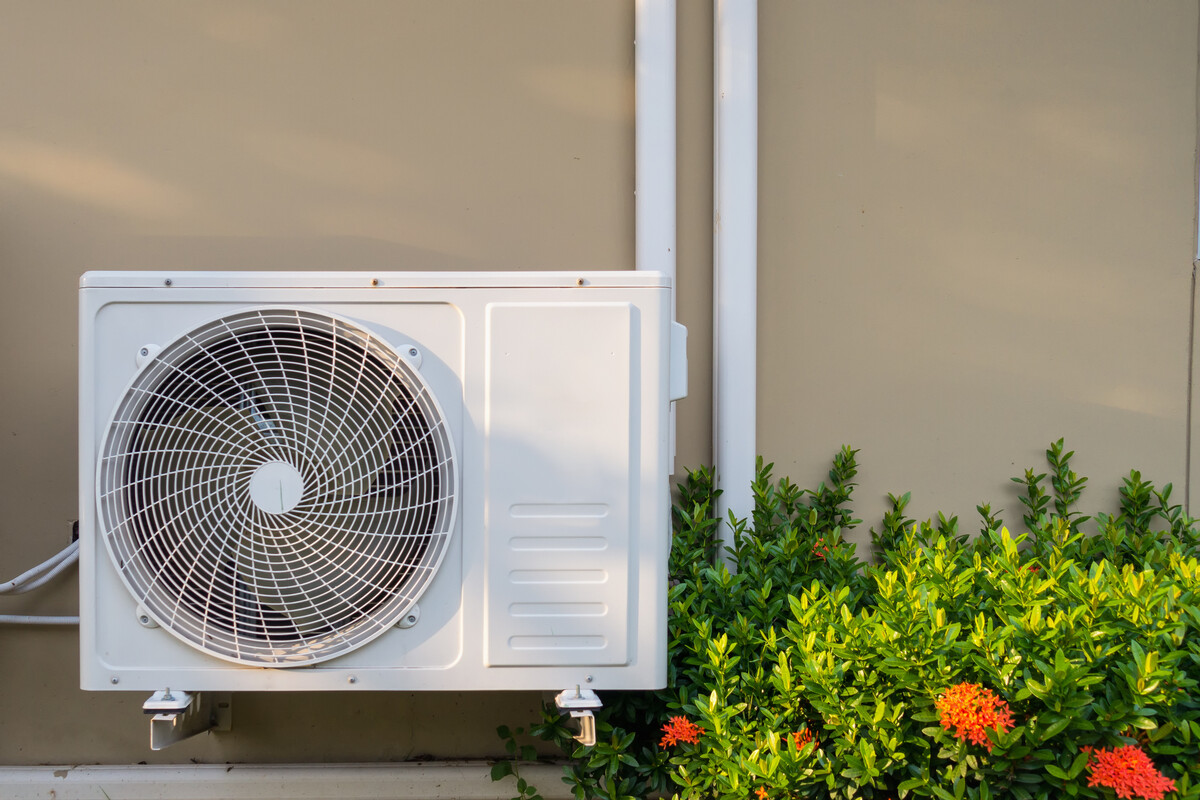

Home Maintenance
What Is The Best Residential Air Conditioning Systems
Modified: October 20, 2024
Looking to upgrade your home's air conditioning system? Find out the best residential air conditioning systems for optimal home maintenance and comfort.
(Many of the links in this article redirect to a specific reviewed product. Your purchase of these products through affiliate links helps to generate commission for Storables.com, at no extra cost. Learn more)
Introduction
When it comes to maintaining a comfortable home environment, having an efficient and reliable air conditioning system is crucial. Whether you are looking to upgrade an existing system or install a new one, it is essential to have a thorough understanding of the different types of residential air conditioning systems available in the market.
The right air conditioning system can not only provide cool relief during hot summer months but also improve indoor air quality and reduce humidity levels. With the variety of options available, it can be challenging to determine which system is the best fit for your home.
In this article, we will explore some of the most popular residential air conditioning systems and discuss their features, benefits, and considerations. By the end, you will have a better understanding of the different types of air conditioning systems, allowing you to make an informed decision that meets your home’s specific cooling needs.
Key Takeaways:
- Choose the right air conditioning system for your home based on factors like size, energy efficiency, and maintenance needs. Consult with a professional to make an informed decision.
- Regular maintenance and proper usage are essential for optimal performance and longevity of your air conditioning system. Keep your home comfortable by considering insulation and energy-saving practices.
Read more: How To Flush Air Conditioning System
Central Air Conditioning Systems
Central air conditioning systems are the most common and popular choice for residential cooling. These systems use a centralized unit to cool the entire house by distributing cool air through a network of ducts and vents.
One of the main advantages of central air conditioning systems is their ability to cool the entire home evenly and effectively. These systems are capable of maintaining a comfortable temperature in every room by adjusting airflow and temperature settings.
Central air conditioning systems consist of two main components: the condenser unit, which is typically located outside the house, and the air handler, which is usually situated in the basement, attic, or a dedicated utility area. The condenser unit extracts heat from the indoor air and transfers it outside, while the air handler circulates the cooled air throughout the house.
One of the key considerations when installing a central air conditioning system is the size of the unit. An undersized unit may struggle to adequately cool the entire house, while an oversized unit may cycle on and off frequently, resulting in inefficient cooling and increased energy consumption.
Another factor to consider is the energy efficiency of the system. Look for systems that have a high Seasonal Energy Efficiency Ratio (SEER) rating, which indicates the system’s efficiency in cooling. Choosing a high-efficiency system can significantly reduce your energy consumption and lower your utility bills.
Regular maintenance is crucial for ensuring optimal performance and longevity of central air conditioning systems. It is recommended to have the system inspected and serviced annually by a professional. Routine maintenance includes cleaning or replacing the air filters, checking refrigerant levels, inspecting ductwork for leaks, and lubricating moving parts.
Overall, central air conditioning systems provide consistent and reliable cooling for the entire home. While they may require a larger upfront cost and professional installation, the comfort and convenience they offer make them a popular choice for homeowners.
Ductless Mini-Split Systems
Ductless mini-split systems, also known as ductless air conditioners or ductless heat pumps, are versatile and energy-efficient cooling and heating solutions for residential spaces. As the name suggests, these systems do not require ductwork, making them an excellent choice for homes without existing duct systems or those looking for zone-based cooling.
One of the main advantages of ductless mini-split systems is their flexibility in installation. The system consists of an outdoor condenser unit and one or more indoor air handling units. The indoor units can be mounted on walls, ceilings, or even recessed into the ceiling to blend seamlessly with the decor. Each indoor unit is connected to the outdoor unit through refrigerant lines and requires only a small hole for installation.
Ductless mini-split systems offer individual control for each indoor unit, allowing you to set different temperatures in each room or zone. This feature not only provides personalized comfort but also helps save energy by only cooling or heating the occupied areas of the house. Additionally, because there are no ducts involved, energy losses due to leaks or air leakage are minimized.
Another advantage of ductless mini-split systems is their ease of installation and the absence of major construction work. Unlike central air conditioning systems that require extensive ductwork installation, ductless systems can be installed quickly and with minimal disruption to your home. This makes them a cost-effective option for both new construction projects and retrofitting existing homes.
When selecting a ductless mini-split system, it is essential to consider the cooling capacity of the system to ensure it can adequately cool the desired area. It is also important to choose a system with a high Energy Efficiency Ratio (EER) and Heating Seasonal Performance Factor (HSPF) for efficient operation and energy savings.
Regular maintenance for ductless mini-split systems includes cleaning or replacing the air filters, checking the refrigerant levels, and ensuring proper airflow. It is also essential to have professional servicing at least once a year to inspect the system for any issues and keep it running at optimal performance.
Ductless mini-split systems are an efficient and customizable cooling and heating solution for homes. Whether you are looking to cool specific areas or the entire house, these systems provide flexibility, energy savings, and comfort.
Window Air Conditioning Units
Window air conditioning units are a popular and cost-effective option for cooling single rooms or small spaces. As the name suggests, these units are designed to be installed in a window opening, providing both cooling and dehumidification.
One of the main advantages of window air conditioning units is their affordability and ease of installation. These units are available in various sizes and cooling capacities, allowing you to choose the one that best fits the room’s dimensions. Installation typically involves securing the unit in the window opening and plugging it into a standard electrical outlet.
Window air conditioning units are self-contained systems that consist of a compressor, condenser, evaporator, and refrigerant. They draw in warm air from the room, cool it, and then expel the heat and moisture outside through the back of the unit. The cool air is then released back into the room, creating a more comfortable environment.
One key consideration when using window air conditioning units is the size of the room. These units are designed to cool a specific square footage, so it is important to choose a unit that matches the room’s size. An undersized unit may struggle to cool the room adequately, while an oversized unit may cycle on and off frequently, leading to inefficient cooling.
Another factor to consider is noise level. Window air conditioning units can be a bit louder than other cooling systems, so it is important to choose a unit with a noise rating that fits your comfort preferences. Additionally, be mindful of the unit’s energy efficiency rating to ensure it operates efficiently and helps you save on energy costs.
Maintenance for window air conditioning units includes regular cleaning of the air filters and coils to ensure optimal performance. It is also important to check the unit for any signs of wear or damage, and to address any repairs or issues promptly.
While window air conditioning units are a convenient and affordable cooling option for single rooms, they may not be suitable for larger spaces or homes with multiple rooms. In such cases, it may be more efficient and cost-effective to consider alternative cooling solutions like central air conditioning or ductless mini-split systems.
When choosing a residential air conditioning system, consider factors such as the size of your home, energy efficiency, and maintenance requirements. It’s also important to have a professional assess your home to determine the best system for your specific needs.
Portable Air Conditioners
Portable air conditioners offer a flexible and convenient solution for cooling individual rooms or spaces in residential settings. These units are easy to move around and do not require installation in a window or wall, making them ideal for renters or those who do not want to make permanent modifications to their homes.
One of the main advantages of portable air conditioners is their versatility. These units typically consist of a mobile unit with a built-in compressor and condenser, as well as a flexible exhaust hose that expels hot air outside through a window or vent. Portable air conditioners can be easily wheeled from one room to another, allowing you to cool the specific areas that need it most.
Portable air conditioners are available in various sizes and cooling capacities, allowing you to choose a unit that matches the size of the room or space you want to cool. It is important to consider the British Thermal Units (BTUs) rating when selecting a portable air conditioner, as this indicates the cooling power. Choosing a unit with the appropriate BTU rating ensures efficient cooling and energy savings.
In terms of installation, portable air conditioners are relatively easy to set up. They typically come with a window installation kit that includes a venting hose and window panel. The unit is placed near a window or vent, and the exhaust hose is connected to the window panel to vent the hot air outside. Some models may also have a condensate tank that needs to be periodically emptied, while others have self-evaporating technology that eliminates the need for manual draining.
One consideration with portable air conditioners is the noise level. While manufacturers have made strides in improving noise reduction, it is important to choose a unit with a noise level that suits your preferences, especially if you plan to use it in bedrooms or quiet spaces.
Maintenance for portable air conditioners includes regularly cleaning or replacing the air filters to ensure proper airflow and optimal cooling efficiency. It is also important to regularly check and empty the condensate tank if applicable, as well as inspect the unit for any signs of wear or damage.
Portable air conditioners are a convenient cooling solution that provides flexibility and mobility. They are particularly suitable for cooling individual rooms or specific spaces where permanent installation is not possible or desired.
Geothermal Cooling Systems
Geothermal cooling systems, also known as ground-source heat pumps, are highly energy-efficient and environmentally friendly cooling solutions for residential homes. These systems harness the constant temperature of the earth to provide efficient cooling during hot summer months.
Geothermal cooling systems work by transferring heat from the indoor space to the ground. They utilize a network of pipes buried underground, known as the ground loop, to exchange heat with the earth. This loop contains a fluid that absorbs heat from the indoor air and carries it to the ground, where it is dissipated. The cooled air is then circulated back into the house, providing a comfortable indoor environment.
One of the main advantages of geothermal cooling systems is their high energy efficiency and cost-effectiveness. These systems can reduce energy consumption by up to 50-60% compared to traditional cooling systems. The constant temperature of the earth allows the system to operate with minimal energy input. Additionally, geothermal systems can be used for heating as well, further increasing their energy-saving potential.
Another benefit of geothermal cooling systems is their longevity and low maintenance requirements. The ground loop pipes can last for several decades, requiring little to no maintenance. The indoor components of the system, such as the heat exchanger and compressor unit, may require regular maintenance, but overall, the system is highly reliable and durable.
It is important to note that the installation of a geothermal cooling system involves more upfront costs and may require excavation or drilling on your property. However, the long-term energy savings and environmental benefits make it a worthwhile investment for many homeowners.
When considering a geothermal cooling system, it is crucial to assess the suitability of your property. Factors such as soil composition, available land space, and local regulations may impact the feasibility of installing a ground loop system. Consulting with a professional can help determine if a geothermal cooling system is a viable option for your home.
Regular maintenance for geothermal cooling systems includes checking the fluid levels, inspecting the ground loop system for any leaks or damage, and ensuring proper airflow and refrigerant levels in the indoor components. It is recommended to have the system serviced annually by a qualified technician to keep it running efficiently.
Geothermal cooling systems provide an eco-friendly and energy-efficient cooling solution for residential homes. While they may require a higher initial investment, the long-term savings and environmental benefits make them an appealing option for those looking for sustainable cooling solutions.
Conclusion
Choosing the right air conditioning system for your home is a decision that can greatly impact your comfort, energy efficiency, and overall quality of life. With various options available, it’s important to consider the specific needs of your home and evaluate the benefits and considerations of each system.
Central air conditioning systems provide reliable and consistent cooling for the entire home, offering even temperature distribution and improved indoor air quality. Ductless mini-split systems offer versatility and energy efficiency, allowing for personalized comfort and zoned cooling. Window air conditioning units are affordable and easy to install, making them a great option for cooling single rooms. Portable air conditioners provide flexibility and mobility, ideal for renters or those who desire a portable cooling solution. Geothermal cooling systems offer high energy efficiency and sustainability, utilizing the constant temperature of the earth for cooling.
When making your decision, consider factors such as the size of your home, energy efficiency, noise level, installation requirements, and maintenance needs. It is also beneficial to consult with a professional HVAC technician to assess your home’s specific cooling requirements and provide expert guidance.
No matter which air conditioning system you choose, regular maintenance and proper usage are essential to ensuring optimal performance and longevity. Keep in mind that maintaining a comfortable home environment goes beyond just the cooling system – don’t forget to properly insulate your home, seal any drafts, and use energy-saving practices to maximize efficiency and minimize expenses.
By understanding the different types of residential air conditioning systems and their features, benefits, and considerations, you are better equipped to make an informed decision that suits your needs and preferences. A well-chosen and properly maintained air conditioning system will keep your home comfortably cool, enhancing your living experience during the hot summer months.
Frequently Asked Questions about What Is The Best Residential Air Conditioning Systems
Was this page helpful?
At Storables.com, we guarantee accurate and reliable information. Our content, validated by Expert Board Contributors, is crafted following stringent Editorial Policies. We're committed to providing you with well-researched, expert-backed insights for all your informational needs.
